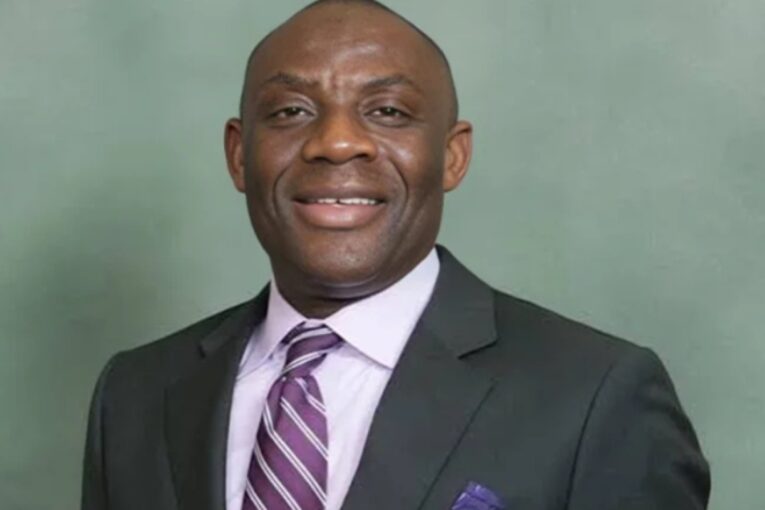
The Federal Executive Council (FEC) has approved a seven-year ban on the creation of new federal tertiary institutions across Nigeria.
The ban, announced after Wednesday’s council meeting, covers universities, polytechnics, and colleges of education.
Minister of Education, Tunji Alausa, explained that the ban on the creation of new federal varsities was necessary to address duplication of institutions, which he said had worsened infrastructure and manpower challenges in the education sector.
“In our country, access to quality financial education is no longer an issue.
“What we are witnessing today is duplication of new federal tertiary institutions, a significant reduction in the current capacity of each institution, and degradation of both physical infrastructure and manpower. If we do not act decisively, it will lead to marked declines in educational quality and undermine the international respect that Nigerian graduates command,” Alausa said.
Providing an overview of the country’s tertiary education landscape, the minister said Nigeria currently has 72 federal universities, 108 state universities, and 159 private universities, in addition to numerous polytechnics, colleges of education, and specialised institutions such as monotechnics, colleges of agriculture, health sciences, nursing, and innovation and enterprise institutions.
According to him, these figures point to an over-proliferation of schools without corresponding demand or resources.
“For the 2024–2026 academic sessions, about 2.1 million young Nigerians applied to our tertiary institutions,” he said. “However, 199 universities had fewer than 99 applicants, and remarkably, 34 universities had zero candidates applying at all. This worrying trend repeats itself in polytechnics and colleges of education too. In fact, 295 polytechnics had fewer than 99 applicants, and 219 colleges of education suffered similar fates, with 64 colleges receiving no applicants at all.”
Alausa described this as a waste of resources, citing a federal university in the North with fewer than 800 students but over 1,200 staff members. “This is simply not sustainable,” he said.
He noted that the ban on creation of new federal varsities aims to channel funds into upgrading existing institutions improving infrastructure, enhancing manpower, and expanding capacity rather than creating new ones.
“We need to improve the quality of our education system and increase the carrying capacity of our current institutions so that Nigerian graduates can maintain and enhance the respect they enjoy globally,” he said.
The minister commended President Bola Tinubu for his “unwavering commitment and support” toward education reform.
“The president fervently believes in providing every Nigerian with the highest quality of education, comparable anywhere in the world, and his dedication has been key in advancing these reforms,” he said.
Despite the moratorium, Alausa revealed that the council approved the creation of nine new private universities. He explained that these applications had been pending for years.
He said, “Several of these applications have been in the pipeline for over six years, with investors having already built campuses and invested billions of Naira.
“Due to inefficiencies within the NUC, approvals were delayed. We have since introduced reforms to streamline these processes, and today’s approvals are a result of clearing this backlog.”
He added that the ministry had deactivated more than 350 inactive private university applications, leaving 79 active ones. Of these, nine received approval this week.
“Moving forward, the moratorium also applies to new private universities, polytechnics, and colleges of education, ensuring no additional institutions are approved unless they comply with the new standards,” he said.
Warning of the dangers of inaction, Alausa stated: “If we do not act now, the level of graduate unemployment will rise, and the capital index will be affected due to the growing number of graduates without sufficient life skills to contribute meaningfully to the economy. This policy is vital if we want to maintain the global respect for Nigerian education and graduates.”




